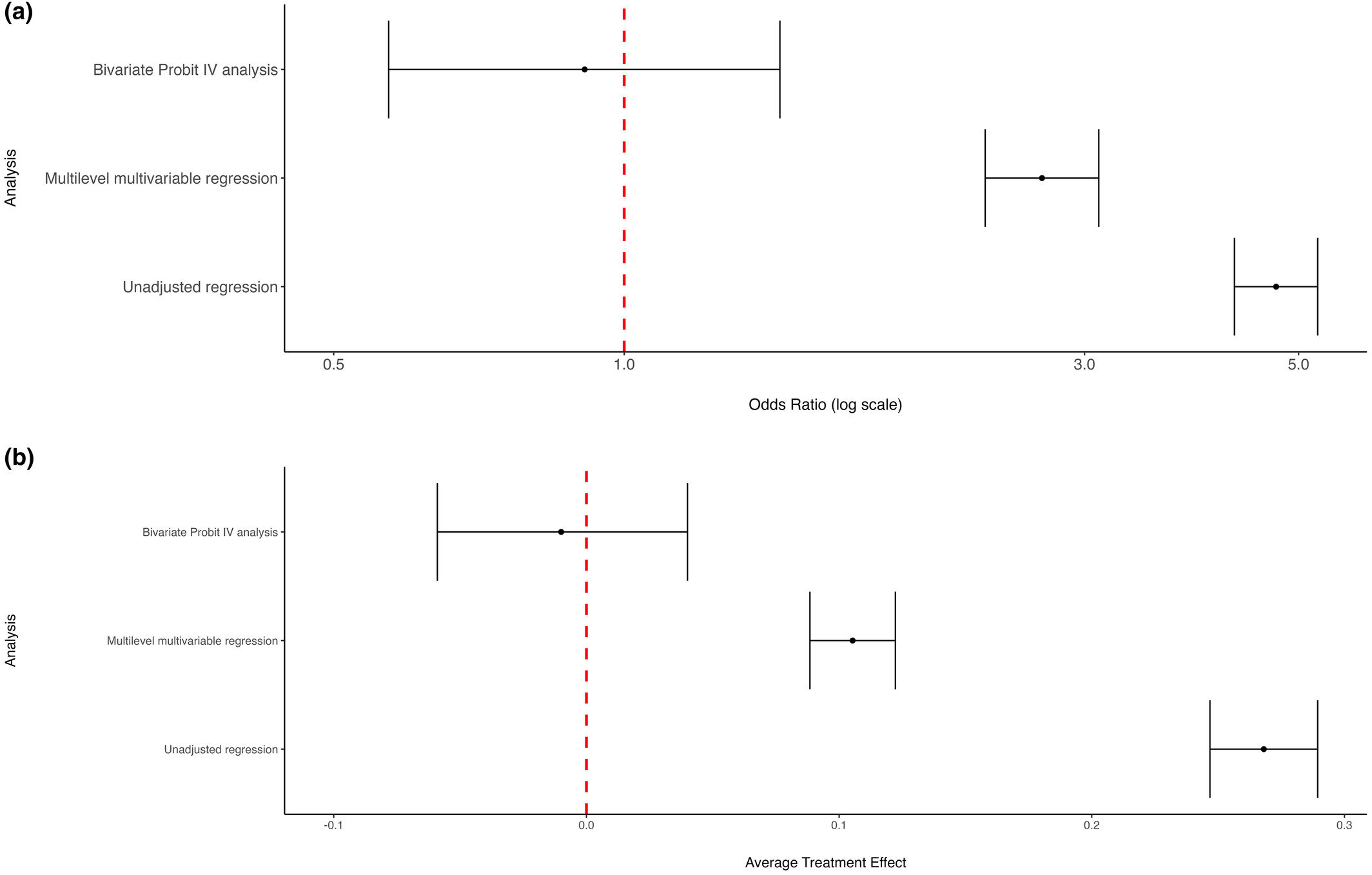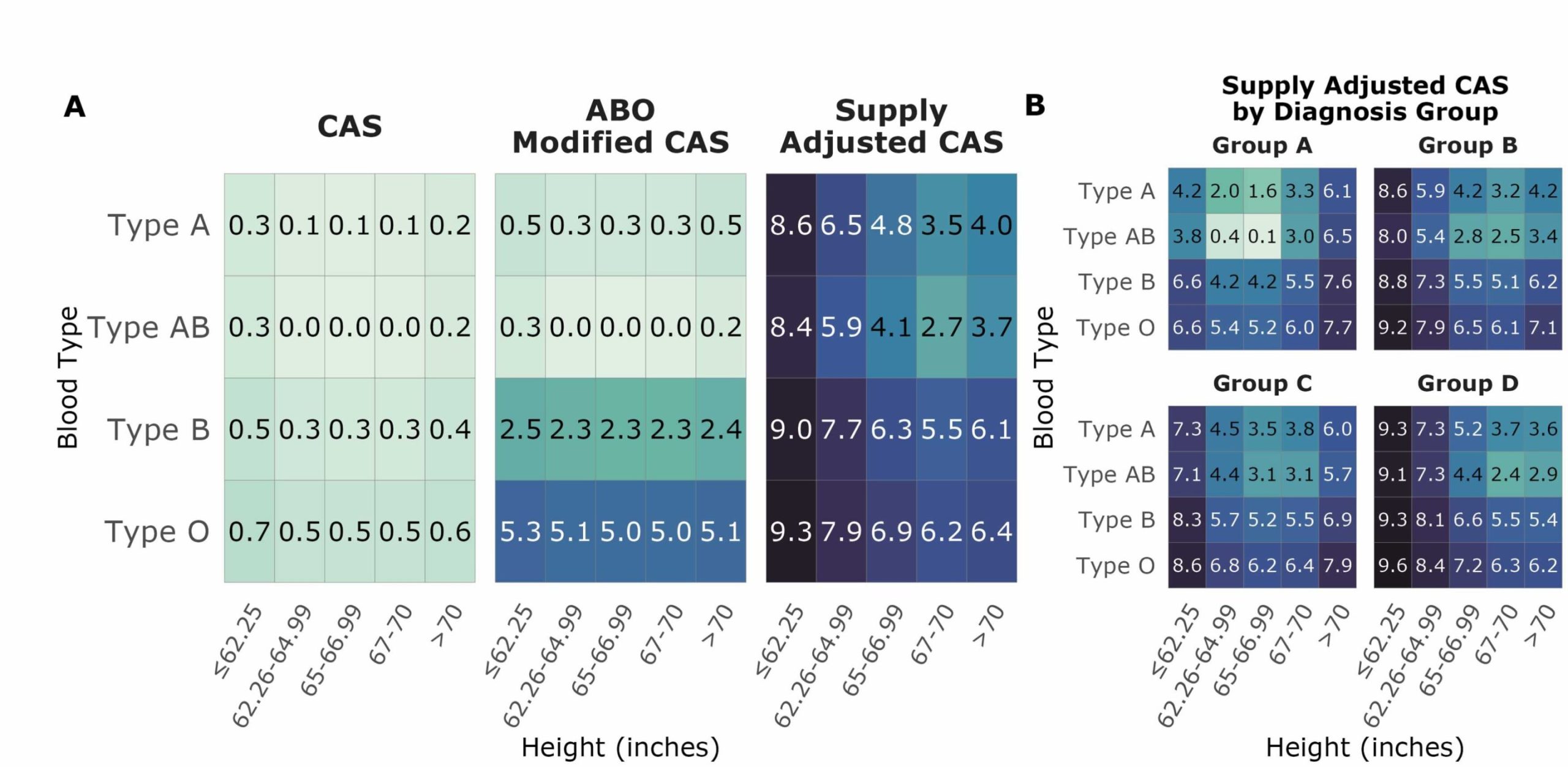
Bed availability is a “significant” factor in determining whether or not a patient is admitted to a critical care bed after surgery, questioning whether some are getting the care they need, a new study from researchers at UCL and UCLH has found for the first time.
The study, published in Anaesthesia, sought to shed light on how hospital patients are prioritized for postoperative care and what impact that has on their health.
Previous research has found that critical care resources are not allocated reliably to the highest-risk patients despite national guidelines recommending this should be done where their risk of dying from the operation is five percent or more.
The researchers analyzed data from 19,491 patients across 248 hospitals in the UK, Australia and New Zealand, of whom 2,107 were admitted to critical care following surgery. Results were controlled for factors such as age and additional health issues, and excluded patients who have a mandatory reason for admission to critical care, such as those undergoing heart surgery.
The study found that the probability of being admitted to critical care was 4% higher for every critical care bed available at the time of surgery. Critical care admission rates also varied by as much as a factor of three between different hospitals.
The study also found inconclusive evidence that a postoperative stay in critical care could be beneficial1.
Previous research has suggested postoperative admission to critical care could actually be harmful given the difficulty of convalescing in an environment that can be at times stressful and chaotic.
Researchers are now calling for a randomized controlled trial to evaluate any potential benefits for postoperative critical care admission for patients.
Professor Ramani Moonesinghe, an author of the study from UCL Surgery & Interventional Science and UCLH, and National Clinical Director for Critical and Perioperative Care at NHS England, said, “We found that critical care admission following surgery varies across hospitals and although factors such as the patient’s health, age and the complexity of their operation remain the most important reasons for admission, critical care bed availability exerts a small but significant effect.
“The fact that bed capacity impacts on clinical decision making and subsequent patient care is proof of unfairness in the provision of postoperative care and has relevance for policymakers and health service commissioners when considering critical care capacity.
“The increased interest in enhanced postoperative care services since the COVID-19 pandemic may provide an opportunity to undertake a randomized controlled trial which would be ethical, feasible and have potential to change practice.”
The study found that out of the 2,264 patients originally planned for postoperative critical care, 498 (22%) were admitted to a surgical ward instead. For the 17,207 patients originally planned for postoperative ward level care, 352 (2%) were admitted to critical care.
Professor Moonesinghe added, “While it was not possible to identify the reasons for this change in every case, the availability of critical care beds was cited as a reason alongside clinical reasoning for planned admissions not going to critical care directly.”
The researchers used the number of available beds as the key variable in a natural experiment that “randomized” patients between admission to critical care or to a regular ward. This allowed them to examine the effect that critical care has on postoperative complications, as it accounted for hard-to-measure factors between different patients such as the type of surgery, their age and any additional health issues.
The findings demonstrate that previous studies’ estimates of harm (caused by admission to critical care), which did not account for these factors, were overestimated and biased and that for some patients, critical care after surgery may be beneficial.
Dr. Steve Harris, an author of the study from UCL Institute of Health Informatics and a critical care physician at UCLH, said, “Our analysis suggests that previous estimates of increased morbidity among those admitted to critical care after surgery are biased, which we think is down to hard-to-measure, confounding factors such as how serious the patient’s condition was to begin with.
“Our analysis, which is the first to use a study design that accounts for these factors, suggests a beneficial effect of being admitted to critical care, but due to margins of error we would need a full clinical trial to definitively determine this.”
In the past, doctors have been reluctant to agree to randomized control trials because it would mean assigning some patients for whom critical care admission was deemed appropriate postoperatively to general ward care.
But the researchers said they had identified a suitable cohort of patients, namely those who had not been clearly identified as needing critical care after their operation and those having types of operations where there was less variance in the likelihood of them being admitted to a critical care unit afterwards.
The average number of critical care beds in hospitals included in the study was 21, ranging from four to 83.
More information:
Ruaraidh A. S. Campbell et al, Critical care unit bed availability and postoperative outcomes: a multinational cohort study, Anaesthesia (2024). DOI: 10.1111/anae.16383
Citation:
Patients more likely to be admitted to critical care after surgery if a bed is available (2024, October 10)
retrieved 16 October 2024
from https://medicalxpress.com/news/2024-10-patients-critical-surgery-bed.html
This document is subject to copyright. Apart from any fair dealing for the purpose of private study or research, no
part may be reproduced without the written permission. The content is provided for information purposes only.




